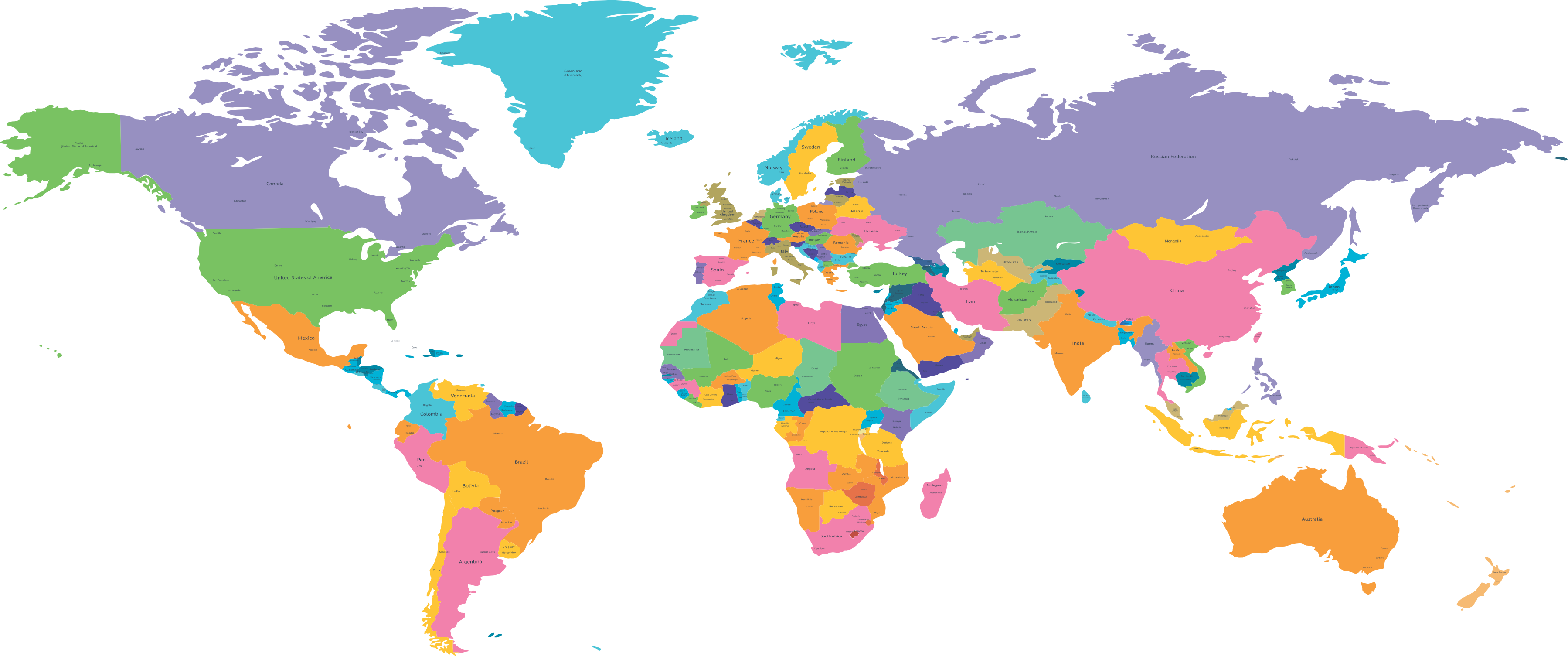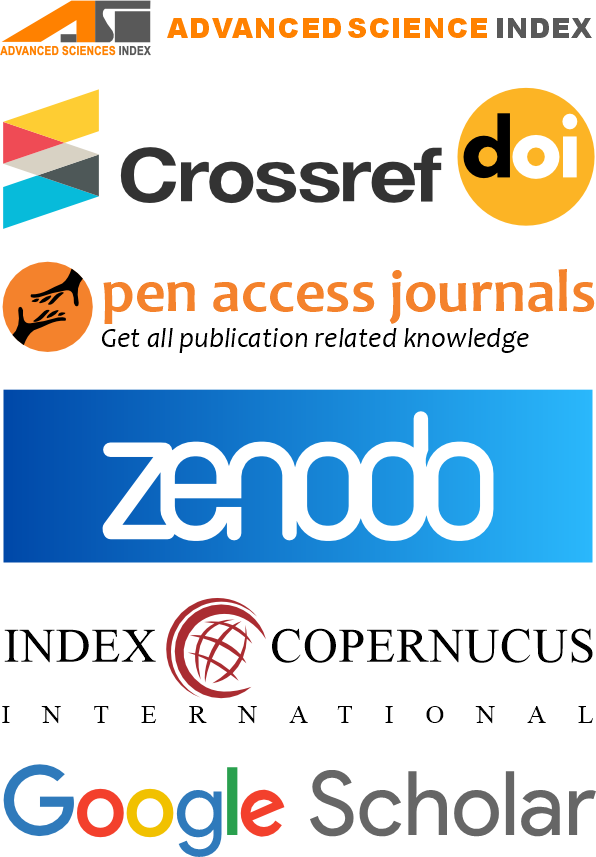- Authorship and Originality: All authors must have made substantial contributions to the research and be accountable for the content. Submitted work should be original and not under consideration elsewhere.
- Plagiarism and Attribution: Authors must cite all sources appropriately and avoid plagiarism. Proper attribution is crucial, including acknowledgment of contributions from others.
- Conflicts of Interest: Authors should disclose any financial or personal relationships that could influence the research. Transparency regarding conflicts of interest is essential for maintaining credibility.
- Research Integrity: Data manipulation, fabrication, and falsification are unacceptable. Authors must conduct research ethically, present accurate findings, and provide access to data upon request.
- Informed Consent and Human Subjects: Studies involving human subjects must have obtained informed consent. Authors should adhere to ethical standards, protect participants' privacy and rights, and comply with relevant regulations.
- Animal Welfare: Research involving animals should follow ethical guidelines and receive approval from an institutional review board or ethics committee. Authors must ensure proper care and humane treatment of animals.
- Data Transparency: Authors should provide access to data and methods to allow for reproducibility of the research. Transparency in reporting results enhances the credibility and impact of the study.
- Publication Ethics: Authors, reviewers, and editors must maintain confidentiality, fairness, and objectivity throughout the review and publication process. Any form of academic misconduct, such as data manipulation or duplicate submission, is strictly prohibited.
- Correction and Retraction: Authors are responsible for promptly correcting errors in published work and retracting articles if necessary. Transparency in addressing mistakes helps maintain the integrity of the research record.
- Compliance with Guidelines: Authors should adhere to relevant guidelines and regulations, such as those from funding agencies or regulatory bodies. Ethical conduct is essential for upholding the reputation of the journal and the academic community.



